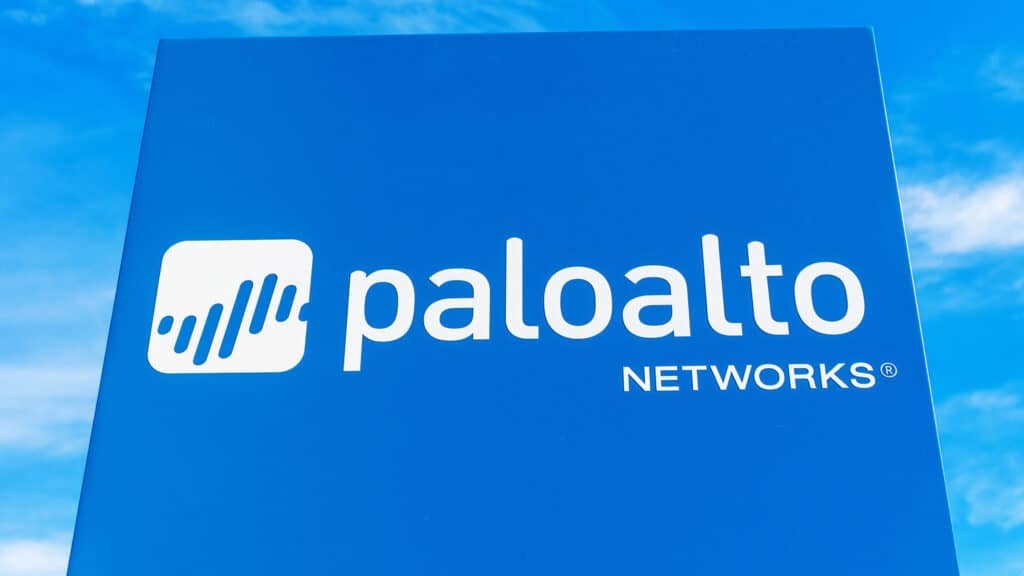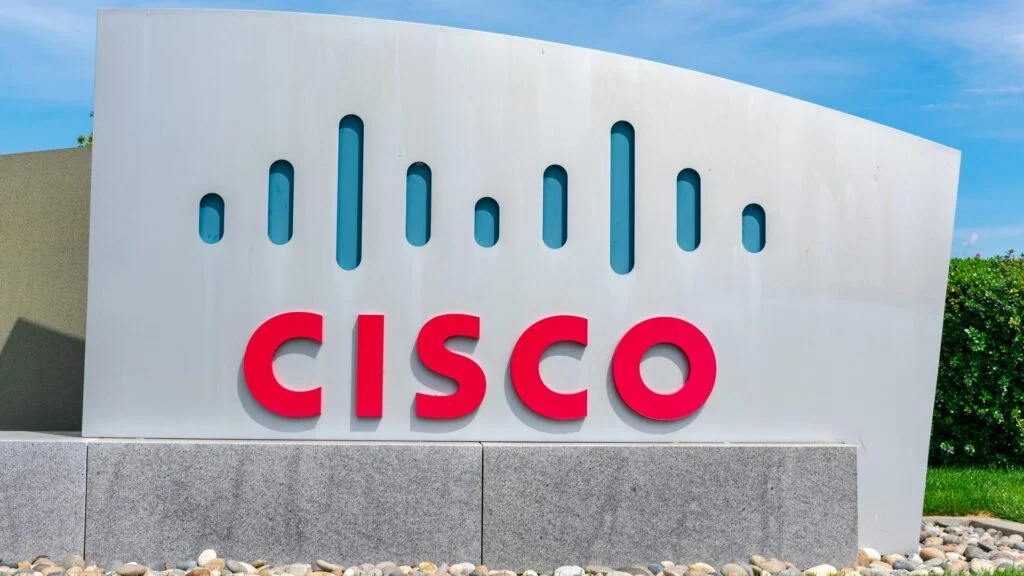The News: Coinbase missed on revenue and earnings in its first quarter, reported after the market close on May 10. Analysts had projected a loss of $0.01 per share on $1.5 billion in revenue. Coinbase posted a loss of $1.98 per share on $1.2 billion in revenue, a miss compounded by a 19% drop in monthly users. Buried alongside the earnings is a new risk factor – custodied assets are treated no differently than other unsecured creditors. Read the full earnings report from Coinbase here.
Coinbase Missed on Revenue and Earnings and That’s Not Even the Worst of the News
Analyst Take: Coinbase missed on revenue and earnings. The stock traded down over 20% in after market hours and extended losses once the market opened. The price is down over 80% since Coinbase’s IPO last April 2021.
I could dig into the earnings makeup – why users are spending less time and what that portends for Coinbase or why operating expenses were greater than revenues for the first time since the company went public. But that’s not the story.
The story is the new risk factor buried on page 83 of the 142-page earnings report.
“Moreover, because custodially held crypto assets may be considered to be the property of a bankruptcy estate, in the event of a bankruptcy, the crypto assets we hold in custody on behalf of our customers could be subject to bankruptcy proceedings and such customers could be treated as our general unsecured creditors.”
Excuse me, what?!
Coinbase Doesn’t Do Custody – It Does Unsecured Borrowing
Per Coinbase’s risk disclosure, the company “custodies” $256 billion on behalf of customers. The only problem with that statement is the word custody. Custody is not the same as unsecured borrowing.
Custody is nuanced from a legal standpoint but relatively understood colloquially – we trust someone to safe keep our assets. Safe keep might be something like segregated custody – a separate legal entity that only holds customer assets and doesn’t lend them out. In the event of bankruptcy, for that legal entity or a parent company, we can still get our assets back.
Marketing a product as “Custody” yet treating the users and their assets as “general unsecured creditors” doesn’t begin to meet either the definition or the spirit of custody. It is simply an astonishing abuse of customers’ trust.
In a bankruptcy proceeding, there is a pecking order of who gets their money back first. It flows from senior secured to junior secured, all the way down to general unsecured. It’s the last step above equity holders. Quite literally, last in line among the lenders.
Coinbase “custody” customers are last in line to get their assets back in the case of bankruptcy, assuming anything’s left over. That’s not custody by any definition.
Coinbase Failed to Make Adequate Disclosures Despite Precedent from Industry Leading Peers
Failing to disclose that “custody” is no more than general unsecured borrowing is more than an oversight. Coinbase is regulated in the United States as a money services business, a type of financial institution that includes the likes of PayPal. Read PayPal’s terms – they clearly disclose in their user agreement how customer assets are held:
“These pooled amounts are held apart from PayPal’s corporate funds, and PayPal will neither use these funds for its operating expenses or any other corporate purposes nor will it voluntarily make these funds available to its creditors in the event of bankruptcy”
And they certainly don’t call it custody.
Coinbase hasn’t bothered with disclosures until now. Nowhere in their user agreement does the company even contemplate what happens to customer funds in the event of Coinbase bankruptcy.
It wasn’t discussed in the earnings call. It wasn’t included in the first quarter shareholder letter. Instead, it was buried on page 83 of a 142-page earnings report over a year after the company went public.
Coinbase missed on revenue and earnings, that happens. Missing on customers’ trust is inexcusable.
Disclosure: Futurum Research is a research and advisory firm that engages or has engaged in research, analysis, and advisory services with many technology companies, including those mentioned in this article. The author does not hold any equity positions with any company mentioned in this article.
Analysis and opinions expressed herein are specific to the analyst individually and data and other information that might have been provided for validation, not those of Futurum Research as a whole.
Other insights from Futurum Research:
Coinbase NFT Marketplace is Live — Here’s a Look at the Opportunity that Presents Coinbase
Asset Manager VanEck Launches Community NFTs
Crypto Starts to Look Like the Early Days of the Internet
Image Credit: PYMNTS.com
Author Information
Jared is an Analyst in Residence at Futurum Research, where he helps guide our practice in all things Web3, the Metaverse, and cryptocurrencies so as to help business leaders understand how they work, why they matter, and how they can not only get involved, but become market leaders along the way.
Jared previously co-founded and served as President and Board Member of Triple Point Liquidity, a blockchain-based fintech startup serving alternative asset managers, their investors, and fund administrators. Prior to Triple Point, he held multiple roles at IBM including leading Digital Assets at IBM Blockchain, leading corporate development for Industry Platforms, and founding Watson Risk & Compliance.
Jared is author and podcast co-host at Fat Tailed Thoughts and serves as a trustee for The Williams School.
Jared holds an AB from Dartmouth College.






